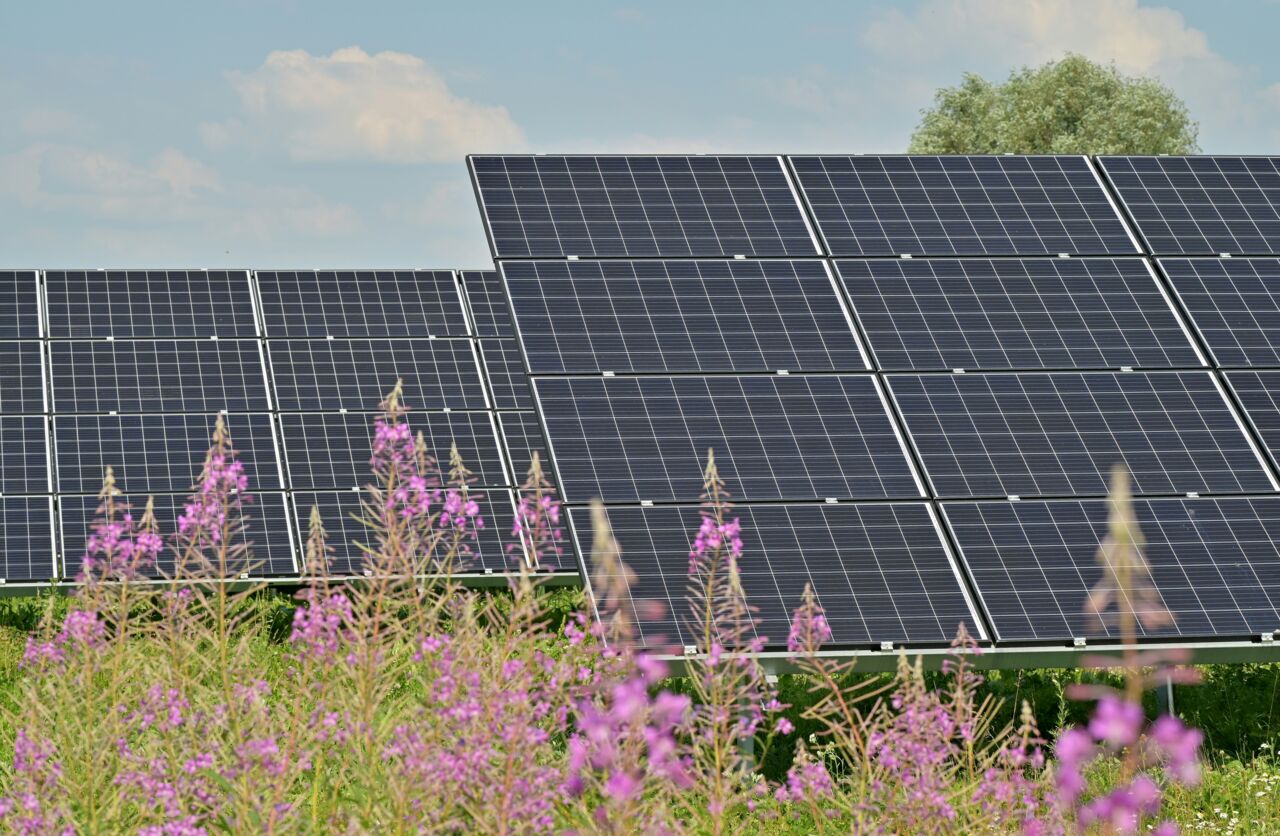The course gives an introduction of theories and approaches that are central for researching the interplay between technology and society. The introduction to Science and Technology Studies (STS) include central areas such as SSK, SCOT, ANT, Sociotechnical systems, and user-producer perspectives. In addition to reading and discussing key texts, participants will also be familiarised with the criticism and debate surrounding key theoretical positions of the field. The course is designed to provide ample opportunities for reflection and discussion of perspectives, theories and concepts in STS, particularly as they relate to the course participants’ own research interests.
On completion of the course, the PhD candidate will be able to:
- approach key STS theories and to examine empirical applications of these conceptualizations;
- evaluate strengths and weaknesses of these theories; and
- form a basis for personal opinion on the relevance of the theories in relation to the PhD candidate's dissertations topic.
Content
The course centres on STS-perspectives focusing on processes related to scientific knowledge production and technological change. This translates into the dominance of micro- or meso- perspectives in where the interpretations, practices and actions of various involved actors are analysed and problematised. The course thus emphasises theoretical perspectives and concepts that can be used to understand “science and technology in the making”. The course participants will be constantly challenged to discuss, critically examine and compare various perspectives, approaches and concepts.
Course Instruction
The course consists of regular seminars, reflection seminars as well as special seminars on writing and professional development. As a rule, each regular seminar consists of three phases:
- A brief introduction by the teachers in which the theme and textual basis for the seminar are placed in a broader research context.
- A text introduction by appointed students in which two PhD candidates freely choose and draw attention to aspects / questions / problems / associations that have been generated by a careful reading of the day’s texts and are capable of sparking a discussion (presentation and discussion last ca. 35 minutes).
- A continued seminar discussion and optional exercise to further explore the perspectives in question in terms of their strengths, weaknesses, methodological implications, etc.
Literature
The course literature consists of scientific articles and book chapters. The literature list is required reading, unless otherwise indicated. A course binder will be available.
Introductory course book: Sismondo, Sergio. 2010. An introduction to science and technology studies. 2nd edition. Chichester: J. Wiley & Sons.
Examination
The examination consists of the following components:
- Active participation in all course sessions.
- Submission of a short seminar document (1 paragraph about the literature and a few questions) before each seminar, providing brief reflections on or posing questions for the seminar in question. It must be submitted by e-mail to the seminar teachers no later than 4 pm the day before the seminar.
- Responsibility for preparing an oral “text introduction” together with a fellow PhD candidate at two course sessions (introduction max 15 minutes and then discussion). The text introduction must problematise the texts for the current seminar in a manner freely chosen by the candidates. (Division of responsibilities occurs at session 1.)
- Submission of a relatively short course essay (roughly five pages) in which one theme related to the theoretical perspectives addressed in the course is discussed.
Information
Language: English
Location: Linköping
Course period: Autumn 2018
Sessions:
8 - 9 November
15 - 16 November
22 - 23 November
29 - 30 November
18 December
Syllabus: A complete syllabus with readings will be available in August.
Fee: There is no fee for taking the course, but participants are expected to fund travel and stay-overs in Linköping from their home institution.
Host: The course is hosted by the Department of Technology and Social Change in Linköping and faculty include: C-F Helgesson, Ericka Johnson, David Moats, Harald Rohracher, Else Vogel, Steve Woolgar, and Teun Zuiderent-Jerak.
